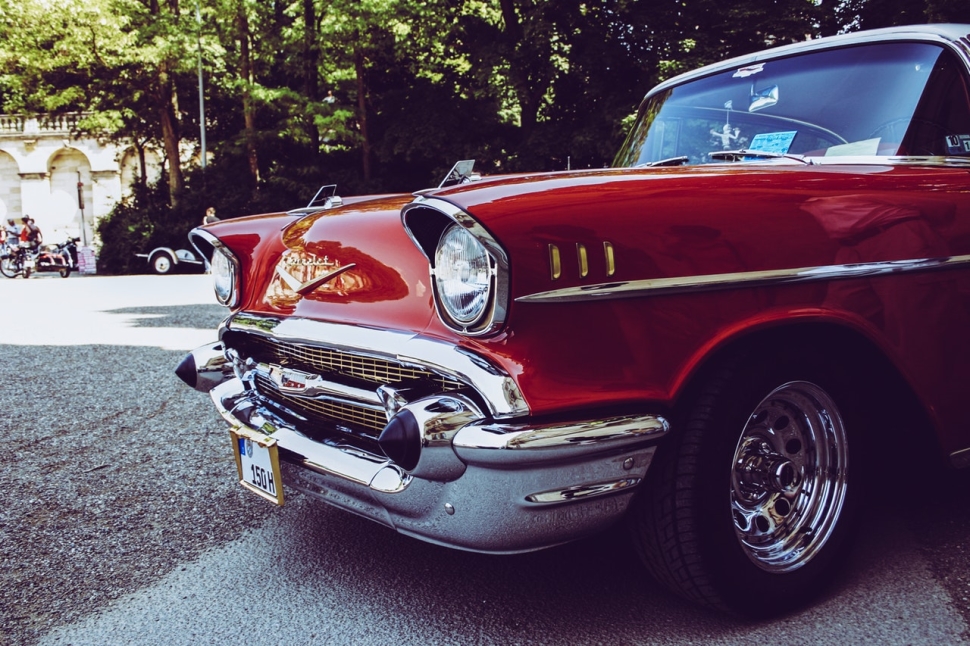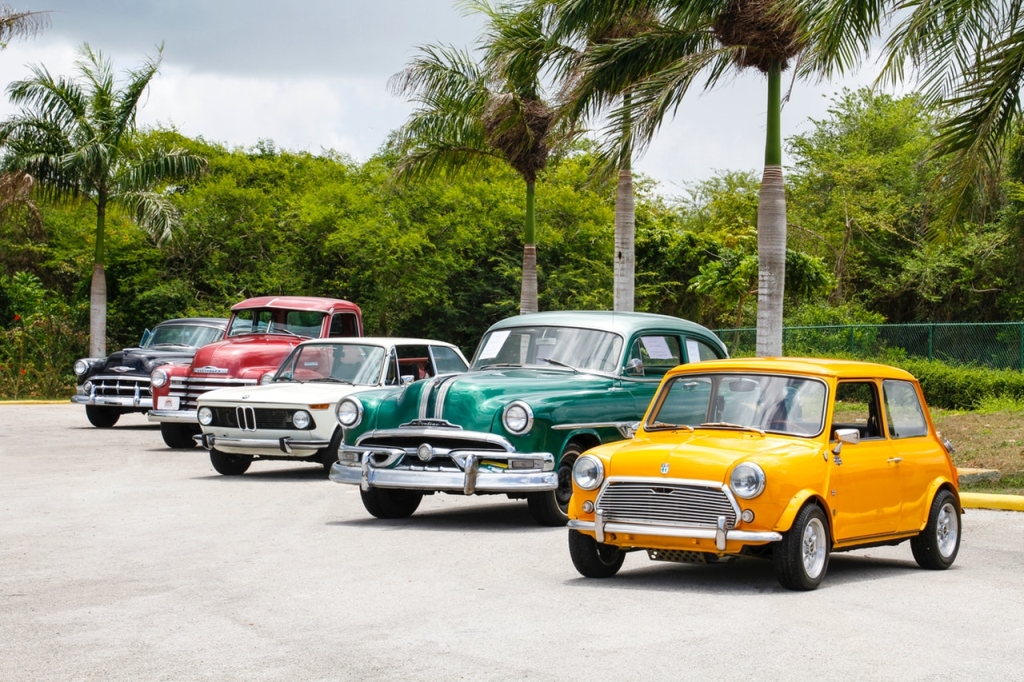There are very few cars across the globe which have achieved classic status. Cars are usually thought of as classic due to a mixture of unique design, interesting features, and long-term popularity. However, there are many myths and misconceptions about classic cars which could potentially discourage people from purchasing one. In this article, Grange vehicles, who stock the Jaguar I-Pace, reveal the truth about classic cars.
Owning a classic car is not only a wonderful hobby, but it’s also an investment. As such, you’re probably going to want to think about insuring your car to protect it in case of theft or an accident. Looking to insure a classic car? Check out insurance plans and options at State NZ. They even offer an online quote.
How much maintenance do classic cars need?
It goes without saying that if you own a classic car, you will want to show it off. The whole point of parting with the sum of money in the first place was to show it off in front of the neighbours. Many car enthusiasts will suggest that you can’t venture outdoors with your precious piece of history in the winter months as the elements will damage it. Take measures such as replacing worn seals, safe guarding the sump of the car, checking the battery, and regularly washing the body.
Can you avoid high mileage?
Most buyers steer clear of cars with too high mileage. We aren’t suggesting that you search the depths of the earth to find a Morris Minor with 350,000 miles to its name. However, often a car with no miles on the clock at all translates into an unknown entity. For example, a used car which has accumulated 30,000 miles has proven its worth, and any potential issues will already have been resolved. On the other hand, a car which has spent the majority of its usable life stored away under a tarpaulin at the back of the garage could quite easily blow a cylinder head on the first ten miles of its trip.
How are classic cars taxed?
Have you ever wondered what makes a car classic? In the UK, the definition of a classic is a car which was registered more than 25 years ago. When considering this, it isn’t actually that old — 1994! However, have you ever heard that a classic car exempts you from road tax? In the past, 25 years was deemed an appropriate marker to define ‘classic’ and benefit from road tax exemption. Now, the vehicle must be 40 before a tax exemption comes into play. Although you won’t be able to take advantage of escaping road tax with all classic cars, most companies will offer classic insurance. This can save you from a hefty tariff.
Do classic cars suffer from overproduction?
Limited edition and rare products will always hold more value than the standard versions. For cars, however, although this might in some cases be relevant, a one-off doesn’t often hype demand. The DeLorean, made famous by ‘80s cult movie Back to the Future, only had 9,000 models produced worldwide. But the car failed to replicate the success of the film which saw it climb to international prominence. Most classics have cemented their position thanks to the fact they were once a popular automobile of choice.
How environmentally friendly are classic cars?
New cars tend to be more environmentally friendly than older cars. Turbo engines that were squeezed with pressure to emit as much power as possible failed to take into consideration the potential damage to the environment. Before catalytic converters came to vehicles, classic car emissions were 10 times that of their modem day marques. However, using an older car isn’t all doom and gloom. In some respects, used cars can be more environmentally friendly than purchasing a new car, as another car isn’t heading to the scrap yard.

